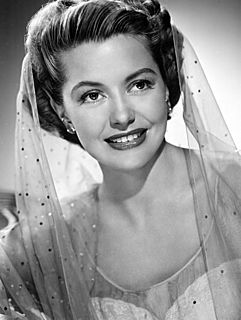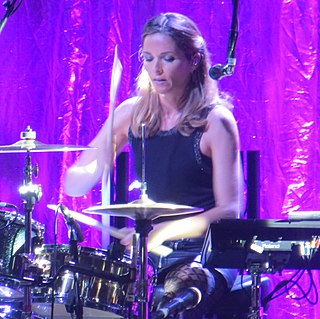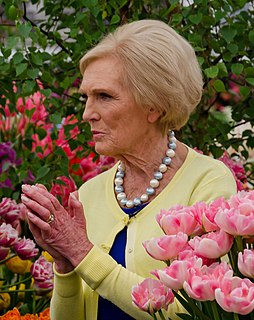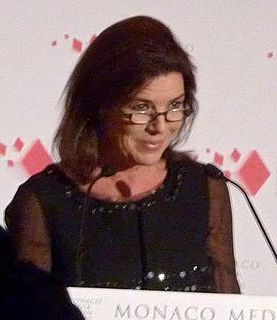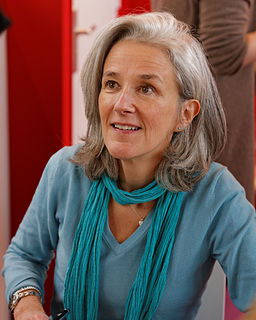A Quote by Cyd Charisse
My husband, my children and my home were the greatest concern to me.
Quote Topics
Related Quotes
Contrary to popular opinion, the most important characteristic of a godly mother is not her relationship with her children. It is her love for her husband. The love between husband and wife is the real key to a thriving family. A healthy home environment cannot be built exclusively on the parents' love for their children. The properly situated family has marriage at the center; families shouldn't revolve around the children.
Having children is the greatest thing that can happen to you as a husband and wife. They are infuriating at times when they're little, but on the whole, they're such a joy. I don't think I was the most brilliant mother when they were young. I had quite a bit of help because I was working and I enjoyed my work.
Usually women are the lynchpins of the family. They carry the brunt of the work at home and of being mothers and of taking care of the children. Not always. I have a wonderful husband, who is a great father and has helped tremendously at home. And I think that men are getting in touch and I think that the role that they have is so important, to be a good father and have a good career and be a good husband. But I think that as more and more women go into the workforce, you have to have more help at home and it becomes more of a sharing of responsibilities.
I beg of you, you who could and should be bearing and rearing a family: Wives, come home from the typewriter, the laundry, the nursing, come home from the factory, the cafe. No career approaches in importance that of wife, homemaker, mother -- cooking meals, washing dishes, making beds for one's precious husband and children. Come home, wives, to your husbands. Make home a heaven for them. Come home, wives, to your children, born and unborn. Wrap the motherly cloak about you and, unembarrassed, help in a major role to create the bodies for the immortal souls who anxiously await.
There were the physical challenges of hitchhiking across Turkey, Iran, Afghanistan, and Pakistan as they were quite dangerous areas. I wrote about that in The Journey Home. I loved my family and they loved me, so making a choice so completely different from the life they knew was also a challenge. Not having material possessions or the security of a home and taking vows of celibacy for life were kind of natural for me, although they were also challenging. But I guess the greatest challenge for me was that I loved so many different spiritual paths.
The most important difference between these early American families and our own is that early families constituted economic unitsin which all members, from young children on up, played important productive roles within the household. The prosperity of the whole family depended on how well husband, wife, and children could manage and cultivate the land. Children were essential to this family enterprise from age six or so until their twenties, when they left home.
It would be hard to conceive a system of instincts more nicely adjusted, where the constituents should represent or support one another better. The husband has an interest in protecting the wife, she in serving the husband. The weaker gains in authority and safety, the wilder and more unconcerned finds a help-mate at home to take thought of his daily necessities. Parents lend children their experience and a vicarious memory; children endow their parents with a vicarious immortality.
The girl wondered: These policemen... didn't they have families, too? Didn't they have children? Children they went home to? How could they treat children this way? Were they told to do so, or did they act this way naturally? Were they in fact machines, not human beings? She looked closely at them. They seemed of flesh and bone. They were men. She couldn't understand.
